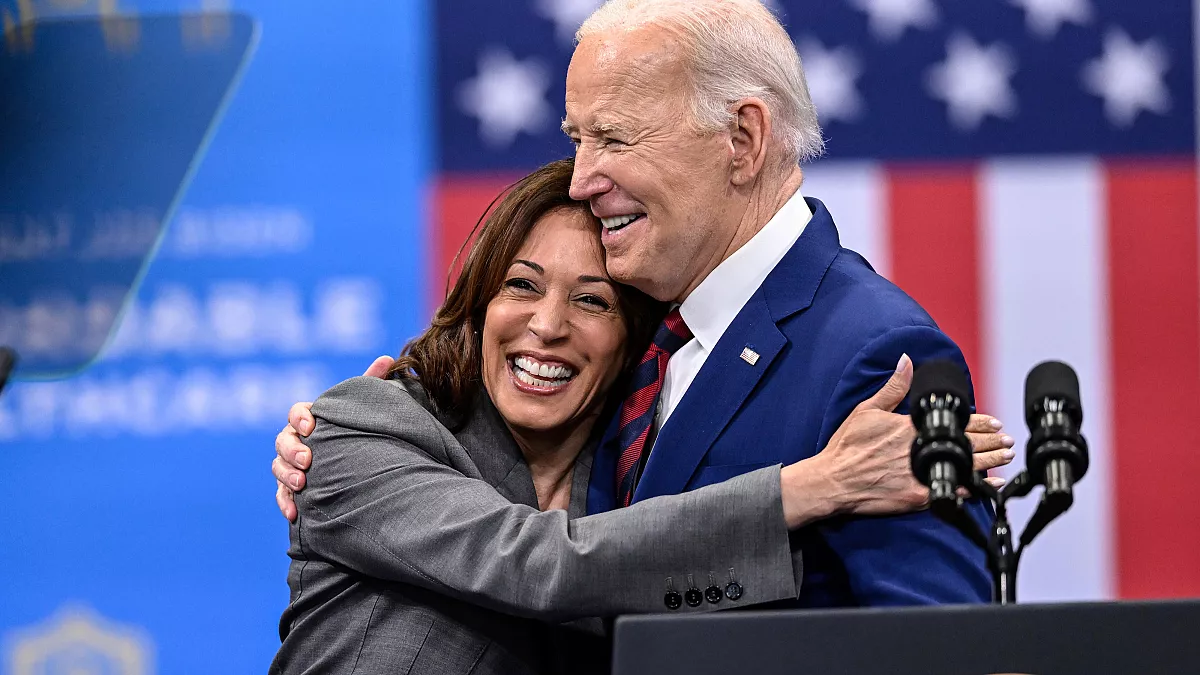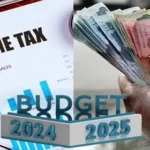(Daily Point) – The interim government made a controversial decision by approving a substantial hike in gas prices, which will take effect on November 1. This move has raised concerns for the already struggling masses grappling with inflation.
The approved increase in local gas tariffs is substantial, with a whopping 173% rise for non-protected domestic consumers, a 136.4% increase for commercial users, a 91% surge for the export sector, and an 83% hike for non-export industries.
The changes also include adjustments to fixed monthly charges. For protected consumers, these charges have seen a significant upward revision, going from Rs10 to Rs400. For non-protected consumers, they have risen from Rs460 to Rs1000, and for those in higher consumption slabs, the charges have gone up to Rs2000.
The new pricing structure for gas usage is as follows:
- For non-protected users consuming up to 0.25 cubic meters, the price will be Rs121 per mmbtu.
- Users consuming up to 0.5 cubic meters will be charged Rs150 per mmbtu.
- Those with 0.60 cubic meters of consumption will pay Rs200 per mmbtu, while 0.9 cubic meters will cost Rs250 per mmbtu.
- Users consuming 1 cubic meter of gas per month will see a substantial increase, from the previous Rs400 per mmbtu to Rs1,000 per mmbtu.
- For those using up to 1.5 cubic meters (previously paying Rs600 per mmbtu), the new rate will be Rs1,200 per mmbtu.
The impact of this decision extends to small commercial users like local tandoors, who will face a rate of Rs697 per mmbtu starting from November 1.
The power sector is not exempt from these changes, with prices ranging from Rs1,050 to Rs3,890 per mmbtu, while the cement industry is set to pay Rs4,400 per mmbtu.
The export industry will also experience rate adjustments, ranging from Rs2,100 to Rs2,400 per mmbtu, whereas non-export industries will pay between Rs2,200 to Rs2,500 per mmbtu.
The Power Division defended this decision in a press release, citing the advice of the Oil and Gas Regulatory Authority (OGRA) to prevent an additional burden of Rs400 billion on the already mounting circular debt. OGRA also emphasized that 57% of domestic gas connections fall in the protected category, where gas prices remain unchanged.
It was noted in the statement that certain highly profitable businesses have been benefiting from the cheapest natural gas in the name of affordability, while this has disadvantaged the lowest-income classes, including poor farmers and small-scale industries.






























